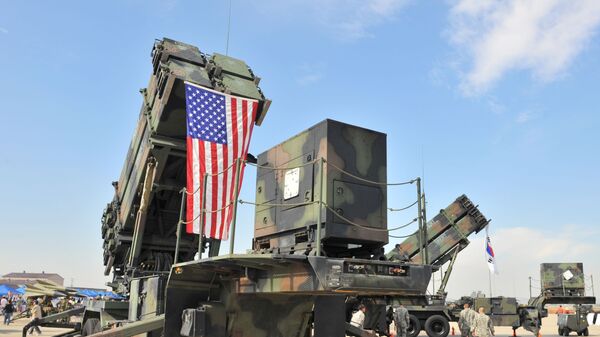The US has invested billions in missile defense technology because it believes that the capability to defend against ballistic missiles will help mitigate nuclear risks to Washington and its allies in the 21st century.
The approach is based on the 2010 Ballistic Missile Defense Review (BMDR) which may now prove to be ineffective, Ivanka Barzashka, a nuclear security specialist at Stanford University, wrote in an article for The National Interest.
The author pointed out that the three basic premises of the posture are now being challenged by a new strategic environment.
However conventional weapons pose no strategic threats to the US, especially if relations between Iran and the West normalize. As for North Korea, the situation is worse. Pyongyang wants the world to fear its mounting nuclear capabilities. In January it was reported that North Korea had conducted another nuclear test, the article read.
The second premise was that the nuclear risks posed by Russia had significantly decreased since the Cold War era. The BMDR reads that the US and Russia are "no longer enemies" and there is "no significant prospect of war between them."
But after Crimea reunited with Russia in 2014 that assessment changed. According to Barzashka, "the risk of military confrontation in Eastern Europe has increased, and with it, the risk of nuclear use."
The US has labelled Russia’s rhetoric as "politically motivated" and hoped that it would be able to avoid countermeasures from Moscow. However, now "Russia is doing exactly what it has said it was going to do" – modernizing its nuclear arsenal and developing a new aerospace defense system. China has also opposed America’s strategy and plans to deploy THAAD to South Korea.
"Today’s world is different. It’s not like the Cold War. […] In today’s world, missile defense might increase some nuclear risks while decreasing others. It might be stabilizing in one context but destabilizing in another," the analyst pointed out.
A new US administration will revise the military strategy, and its nuclear part is likely to be revised too, according to the article.
"This raises many controversial questions. Is it worth building a missile defense system in Europe against Iran? Should regional defenses target Russia? Are verifiable limits to US and Russian missile defense capability desirable?" Barzashka wrote.
According to him, reassessment of these points should constitute the basis for a new US missile defense strategy.






